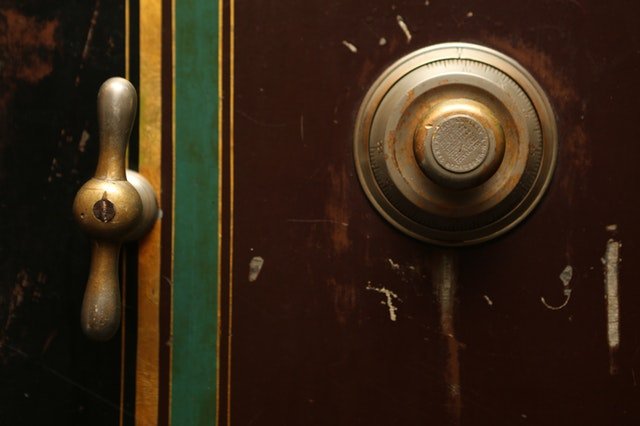If you're in Bitcoins or other cryptocurrencies it's important to follow some basic rules to protect yourself. Following are some basics you need to know.
- Use a hardware wallet!
Keeping your coins on an exchange is not safe. Unlike US Dollar deposits, which is federally insured up to $250,000, Bitcoins kept on an exchange is not insured. If something were to happen, you would lose all your coins and there will be little that could be done to recoup your losses. A lot of people got hurt during Mt. Gox and it will be your fault for not taking care of your own coins. Invest in a hardware wallet such as KeyKeep, Ledger, or Trezor and learn how to use them properly. Don't worry, it's not difficult.
- Transfer coins to your hardware wallet as soon as you buy coins on exchanges.
Exchanges are just that - a market place where you can trade coins. Bring the coins back into your hardware wallet once you're done trading. A basic workflow would be:
A. Transfer USD to your account in an exchange such as Coinbase.
B. Buy Bitcoin with USD
C. Transfer Bitcoin to your hardware wallet.
or
A. Transfer coins to an exchange.
B. Sell coins/buy coins, transfer money to your regular bank account or,
C. Transfer coins back to your hardware wallet.
Even if you're an active trader, I think it's good practice to move your coins to a hardware wallet that you control as soon as you're done trading.
Yes, there's a transfer fee but wouldn't you rather pay a little bit for the peace of mind?
Keep your hardware wallet and recovery words in a safe place. Do not share these with anyone! Trust no one!
Remember that you are your own bank and that you need to take responsibility for your own actions. When working with wallets and crypto currencies, there are no extra points for doing things quickly. Do it slowly and correctly and you will prosper.
Let me know below in the comments if you'd like me to go into details and I'll post it next time.
